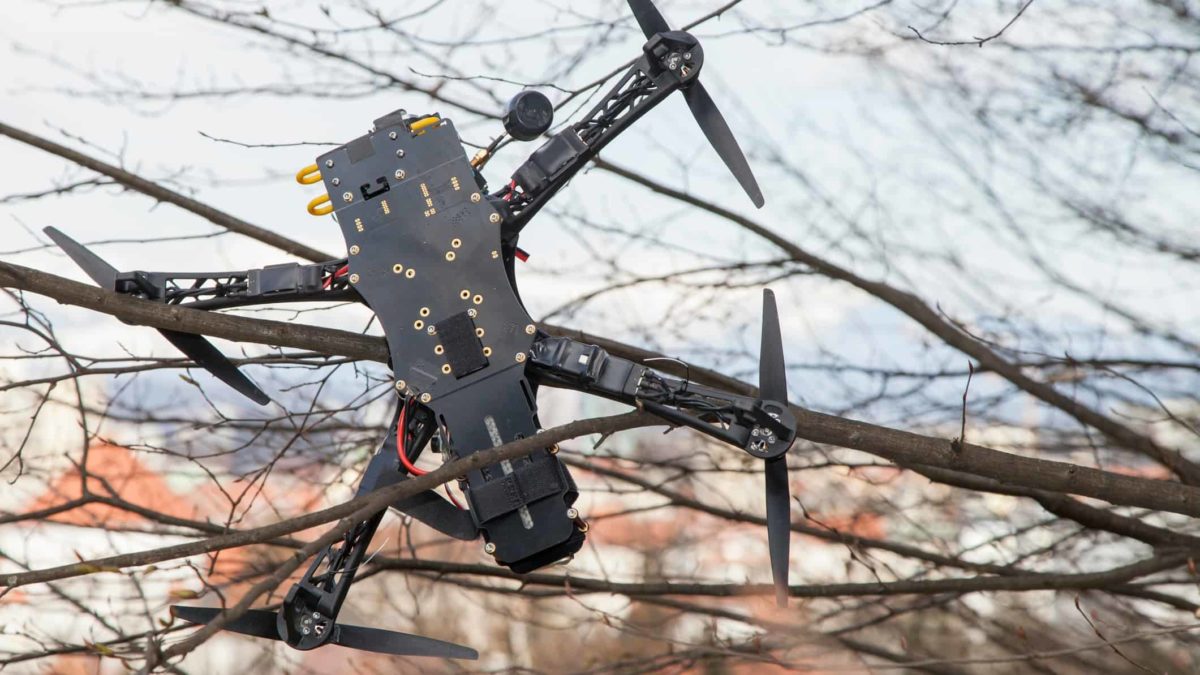Defence stocks have been on a run since July, coinciding with escalations between Israel and Iran. Names like Lockheed Martin Corp (NYSE: LMT) and RTX Corporation (NYSE: RTX) are up 30% and 22%, respectively. Yet the DroneShield Ltd (ASX: DRO) share price has fallen 46% over the same duration.
If investors are bidding up the share price of numerous companies in the industry, why is the ASX-listed drone defence business seeing its valuation plunge? It's further mystifying, considering DroneShield reported a 110% increase in first-half revenue. In a record result, the company achieved $24.1 million in revenue.
Scratching your head yet?
There are a couple of grounds for DroneShield's share price retreat.
Valuation scepticism deals a blow
On 16 July, the business news outlet Capital Brief reported on a doubtful Rodney Forrest, director of Sublime Funds Management. The experienced investment analyst was at odds with how DroneShield's valuation measured up against its fundamentals.
In the article, Forrest even labelled DroneShield's valuation as 'wild', pointing out the company's $2 billion market capitalisation while operating unprofitably. Furthermore, the Sublime director highlighted how insiders of DroneShield opted to cash out at 70 cents.
It seems fair to say Rodney Forrest was a little bearish in July. But the bearish tone quickly ventured off from Forrest, prompting a pause in trading and a 'please explain' from the Australian Stock Exchange in light of increased share trade volume.
DroneShield's response named the Capital Brief write-up as its own explanation for the heated activity.
Watering down the DroneShield share price
The other probable shot to DroneShield's value is dilution.
Dilution to shareholders is a lot like inflation. When an institutional placement is used to raise more capital for the company, additional shares are issued, expanding the total number of shares. Because the actual 'value' is unchanged, each shareholder's slice is shrunk — much like the purchasing power of a dollar when the money supply is increased.
DroneShield made the decision to raise $120 million via a placement on 1 August by issuing 104.3 million new shares. Ultimately, the side effect is a 14% reduction in the per-share value, which, assuming an efficient market, would put a 14% dent in the DroneShield share price.
But all hope is not lost.
While the placement has an immediate dilutive effect, it could benefit shareholders in the longer term. The $120 million is being used for more research and development. If valuable innovations result from this, the dilution might be worthwhile.
The DroneShield share price is still up a monstrous 414% over the past year.









